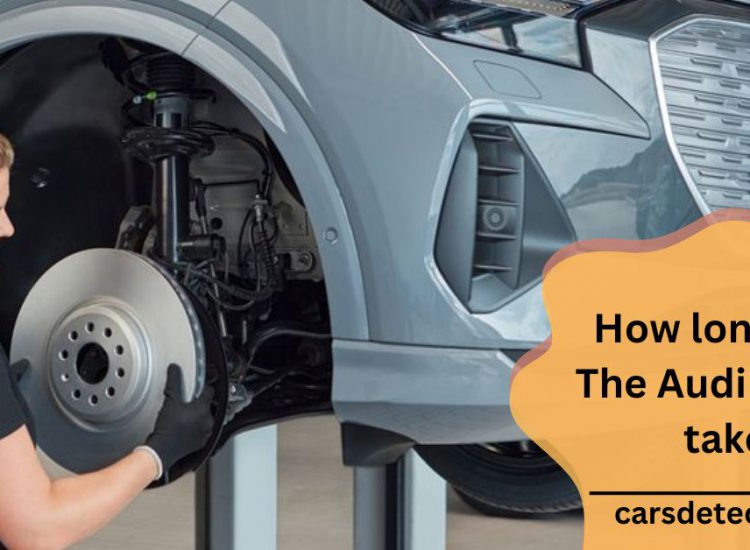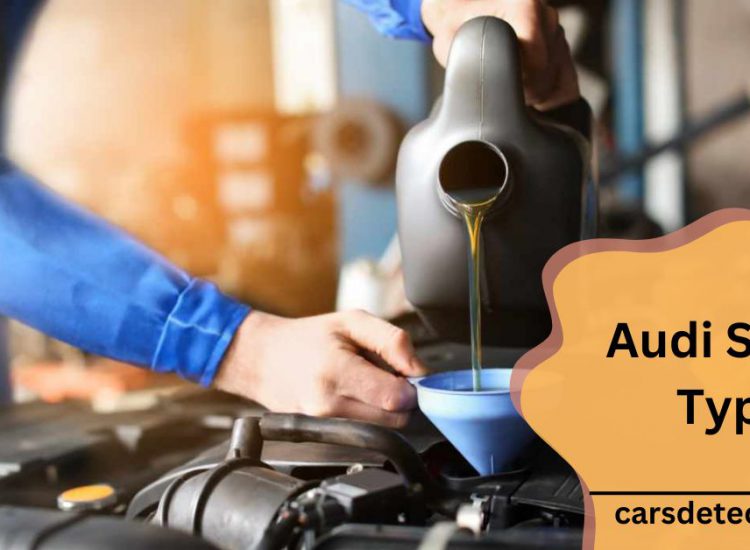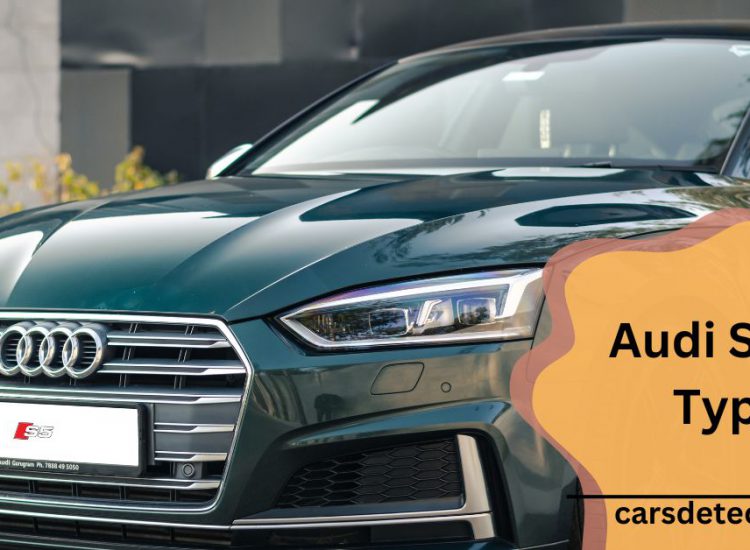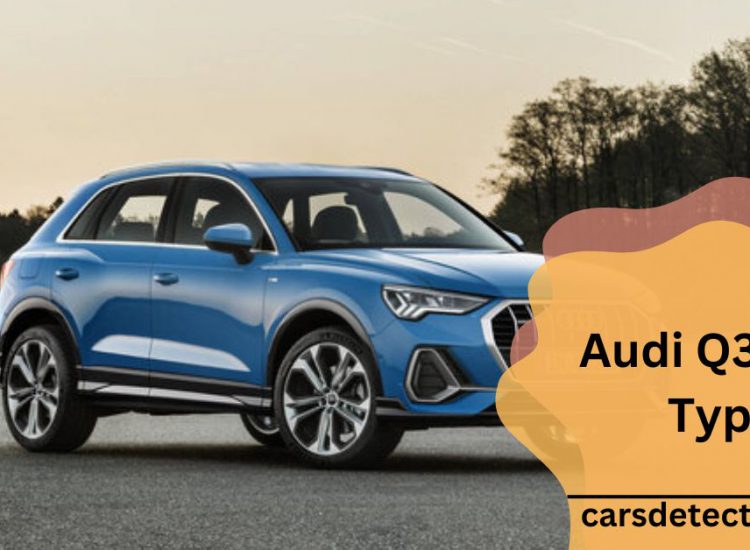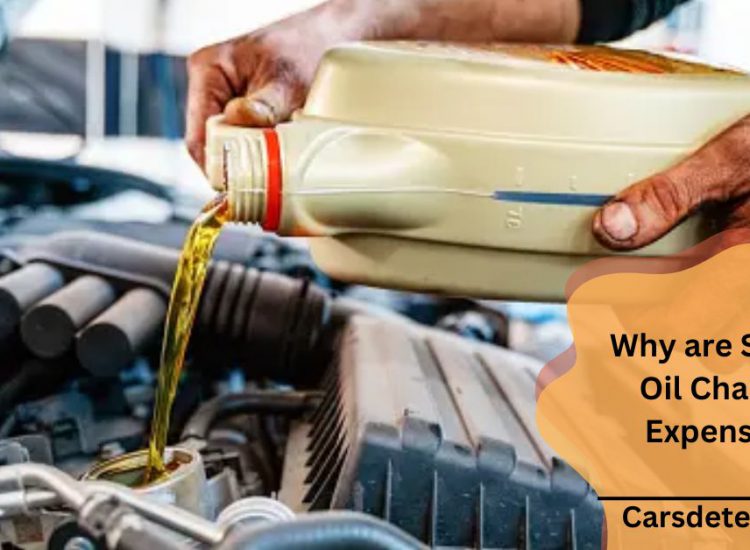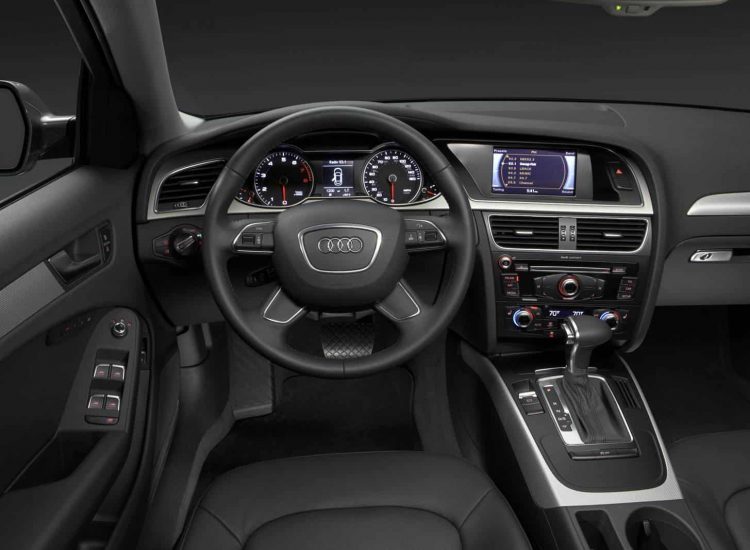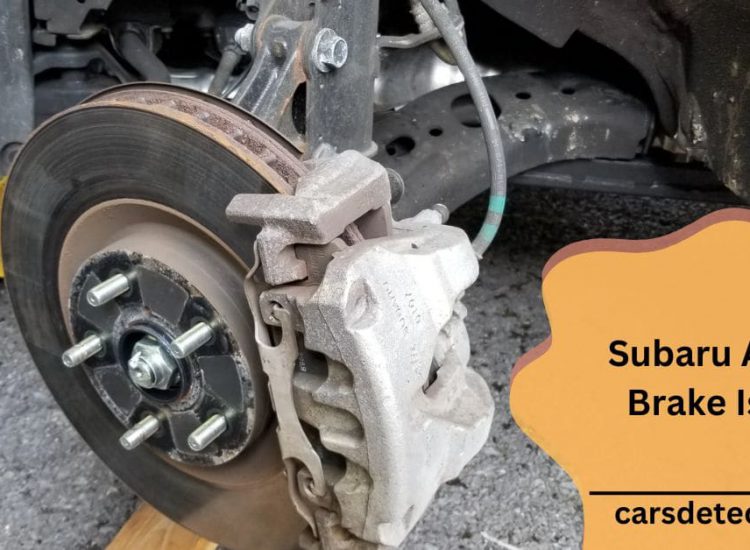It’s essential to keep a gasoline car well-fueled. Luxury cars like an Audi also need to run smoothly, especially in places like Parker, Castle Rock, and Denver, Colorado. At Audi Denver, we often get asked if Audis needs premium gas.
Toc
- 1. Table of Contents:
- 2. Describe Premium Gas – Berief Discuss!
- 3. Which premium gas does the Audi Q5 require?
- 4. Octane’s Effects on Combustion
- 5. Models of Audi Require Premium Fuel
- 6. Can Regular Gas Be Used in an Audi?
- 7. 2024 Audi Q5 Engine Specifications and Output
- 8. The Foundation: Audi Q5 Engine Specifications & Drivetrain Choices
- 9. The Outcome: Audi Q5 0-60, Maximum Speed, and MPG
- 10. Which Audi Q5 engine is the best?
- 11. Audi Q5 Towing Capacity
- 12. Best Engine Oil for an Audi Q5
- 13. What would happen if a luxury car was filled up with regular gas?
- 14. What happens if I combine gasses 91 and 87?
- 15. Does premium fuel leave your engine clean?
- 16. Frequently Asked Questions:
- 16.1. What are the benefits of using premium gas in my Audi Q5?
- 16.2. Is premium gas more expensive, and is it worth the cost for my Audi Q5?
- 16.3. Can I use mid-grade gasoline in my Audi Q5?
- 16.4. Does the Audi Q5 Hybrid require premium gas?
- 16.5. What happens if I use ethanol-blended gasoline in my Audi Q5?
- 16.6. Will using premium gas reduce emissions from my Audi Q5?
- 16.7. Can I switch between premium and regular gas in my Audi Q5?
- 16.8. How does driving style affect fuel efficiency in my Audi Q5?
- 16.9. Can extreme temperatures affect fuel performance in my Audi Q5?
- 17. Conclusion:
To protect the Audi Q5’s high-performance engine, the manufacturer suggests using premium 91-octane gasoline for all versions.
To learn more about Audi, begin your informational journey with Carsdetective.
Table of Contents:
Describe Premium Gas – Berief Discuss!
Premium gas, a step up from regular gasoline, is designed for better durability, which is especially beneficial for high-powered engines. This allows the engine to reach its full potential in terms of:

- Speed
- Horsepower
- Gas mileage
Although premium fuel doesn’t directly impact fuel efficiency, it enhances engine performance. This can help your Audi achieve the best gas mileage and save money over time.
Turbo engines perform exceptionally well with premium gasoline and are a highlight in many Audi models.
Which premium gas does the Audi Q5 require?
The Audi Q5 requires premium 91-octane gasoline to ensure optimal performance and protect its high-performance engine. This premium fuel helps the engine deliver better speed, horsepower, and gas mileage. The manufacturer recommends using 91-octane gasoline for all versions of the Audi Q5 to maintain its efficiency and longevity.
Octane’s Effects on Combustion
Depending on the model, your Audi engine has between four and ten cylinders. With each camshaft revolution, fuel and air are injected into the cylinders, which compress and ignite the mixture to create energy. This energy powers the transmission, which moves the vehicle.

Each cylinder fires once for every two camshaft rotations. At 3,000 RPM, a cylinder fires 1,500 times. While occasional early combustion is harmless, frequent misfires can damage the engine. Misfires occur when lower-octane fuel causes the fuel to ignite too early due to high compression.
Misfires make the engine knock, which can signal a problem. If you hear knocking, switch to the correct fuel. If the knocking continues, have our service center inspect your Audi to prevent severe damage.
Models of Audi Require Premium Fuel
If your Audi has a turbocharged engine, you must use premium-grade gasoline. However, for naturally aspirated engines, regular gas is sufficient. Here are Audi models that require premium fuel:

Audi Q3:
The Audi Q3 features a 2.0-liter turbocharged engine with 228 horsepower and requires premium fuel.
Audi Q5:
This stylish SUV has a 2.0-liter turbo four-cylinder engine producing 201 horsepower and uses premium gas. Additionally, the Q5 is available with a plug-in hybrid powertrain that increases power to 362 horsepower.
Audi Q7:
Audi’s seven-passenger SUV boasts a sleek design and impressive performance with a 335-horsepower engine that requires premium gas.
Audi Q8:
The Q8 has a 3.0-liter six-cylinder turbo engine generating 335 horsepower and needs premium fuel.
Audi A3:
The Audi A3 sedan’s inline four-cylinder engine is turbocharged, producing 201 horsepower, and requires premium gas.
Audi A4:
This model features a 261-horsepower inline four-cylinder turbo engine that requires premium fuel.
Audi A5:
The A5 offers multiple powertrain options, including an inline four-cylinder turbo engine with 261 horsepower and a 3.0-liter V-6 with twin turbochargers producing 444 horsepower. All these engines need premium fuel for optimal performance.
Can Regular Gas Be Used in an Audi?
If your Audi model requires premium fuel due to its turbocharged engine, it’s best to use that type of gasoline. However, if you find yourself at a Holmen gas station that only offers regular fuel, don’t worry. It won’t harm your Audi.

Remember that your vehicle may not perform at its peak with regular fuel. If you do use regular fuel, drive your Audi until the tank is nearly empty. When refueling next time, make sure to use premium fuel to optimize performance.
2024 Audi Q5 Engine Specifications and Output
The Audi Q5 is an exciting and luxurious SUV that combines efficiency with safety. It’s perfect for drivers who want quality and versatility. Packed with advanced technology and elegant design, it offers top-notch safety features, comfortable interiors with premium materials, and exhilarating performance when you hit the gas pedal.
Whether you’re looking for fuel savings with its plug-in hybrid option or enjoy its quick acceleration, the 2024 Audi Q5 has something for everyone. Learn more about its engines and drivetrain options in our Audi Q5 guide, and visit Tom Wood Audi to experience it yourself with a test drive.
Read Also: How long does The Audi service take? – Give your Audi the care it deserves!
The Foundation: Audi Q5 Engine Specifications & Drivetrain Choices
The Audi Q5 offers three engine choices:
- Audi Q5 40 TFSI: A 2.0-liter turbo-four with 201 horsepower and 236 lb-ft of torque.
- Audi Q5 45 TFSI: An upgraded version of the 2.0-liter turbo-four, producing 261 horsepower and 273 lb-ft of torque.
- Audi Q5 55 TFSI: A plug-in hybrid combining the 2.0-liter turbo-four with an electric motor for 362 horsepower and 369 lb-ft of torque, enabling electric-only driving and firm performance.
All models have a seven-speed S tronic dual-clutch automatic transmission for quick gear changes. Audi’s Quattro all-wheel-drive system with ultra technology is standard across all 2024 Audi Q5 models, ensuring optimal power distribution for various driving conditions.
The Outcome: Audi Q5 0-60, Maximum Speed, and MPG
The horsepower and torque output of the Audi Q5, combined with its advanced vehicle dynamics, result in impressive acceleration specifications. When accelerating onto the highway, the Q5 demonstrates the following top speed and acceleration capabilities:

- 2024 Audi Q5 40 TFSI: Accelerates from 0-60 mph in 6.8 seconds with a top speed of 130 mph.
- 2024 Audi Q5 45 TFSI: Achieves 0-60 mph in 5.7 seconds and a top speed of 130 mph.
- 2024 Audi Q5 55 TFSI: Reaches 0-60 mph in 5.0 seconds, with a top speed of 130 mph (84 mph in Electric Mode).
These specifications showcase the Audi Q5’s impressive performance across different variants.
Which Audi Q5 engine is the best?
Determining the best Audi Q5 engine depends on your priorities. If you want the highest horsepower, torque, and the quickest 0-60 mph time, the 55 TFSI e quattro S tronic powertrain is the top choice. This plug-in hybrid engine delivers 362 horsepower, features all-wheel drive, and can accelerate from 0-60 mph in 5.0 seconds.
Audi Q5 Towing Capacity
The 2024 Audi Q5 offers different towing capacities based on the engine and additional equipment. With the 45 TFSI quattro 2.0-liter turbocharged four-cylinder engine, the maximum towing capacity is 4,400 pounds. In contrast, the 2.0-liter turbocharged four-cylinder engine paired with an electric motor provides a towing capacity of up to 2,000 pounds.
Best Engine Oil for an Audi Q5
The ideal engine oil for your Audi Q5 varies depending on its engine. Different power outputs create distinct demands for engine oil, necessitating the use of a specific type. Nevertheless, OEM-approved engine oil is always the best for your Audi Q5. Visit us for a precise oil change using the most suitable engine oil.
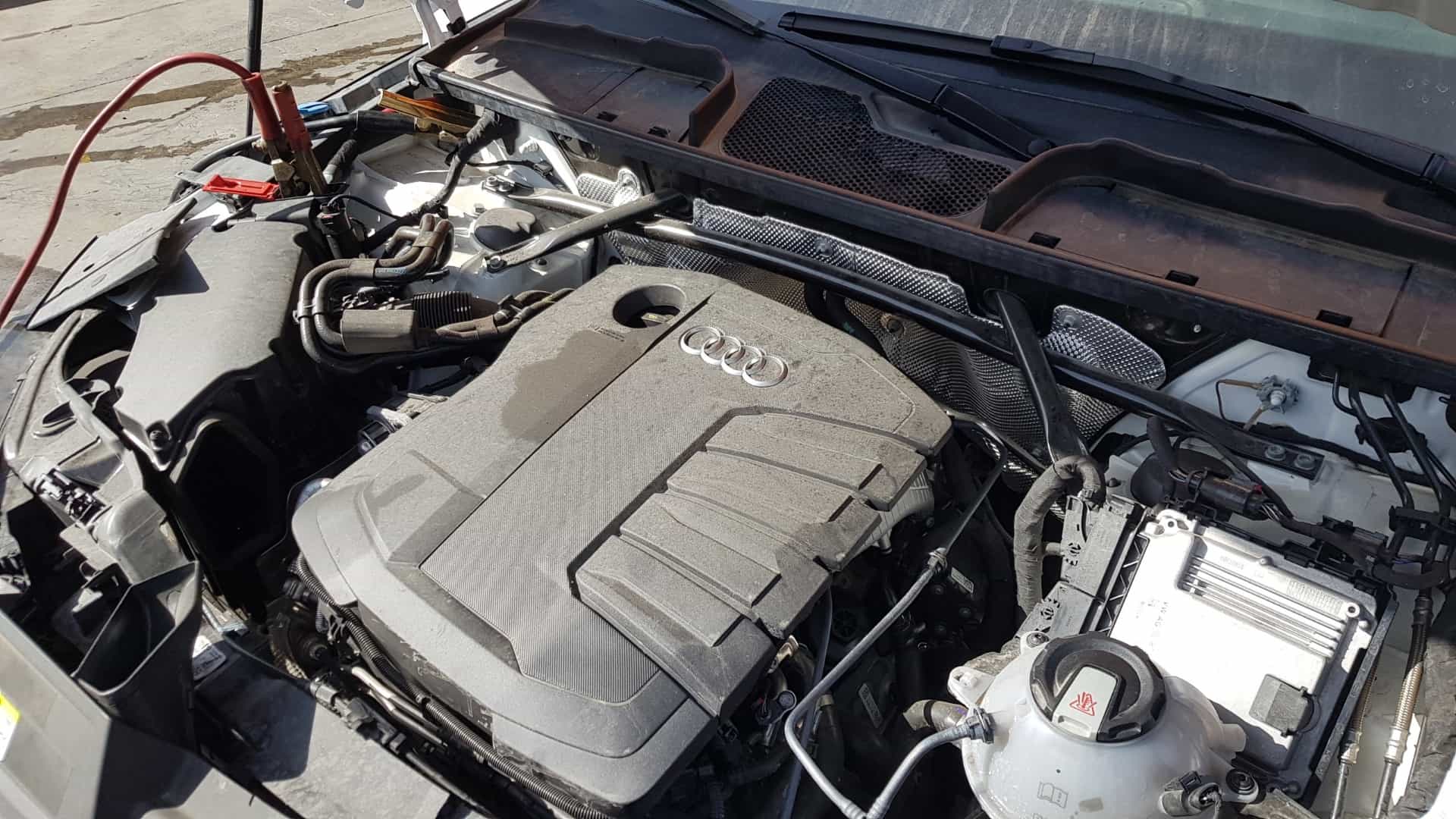
What would happen if a luxury car was filled up with regular gas?
You’ll likely notice immediate effects if you use lower-octane fuel in a vehicle designed for high-octane fuel. These include decreased fuel efficiency, slower acceleration, and spark knock, which manifests as a high-pitched pinging or rattling noise. This can occur whether the lower-octane fuel is used accidentally or to cut costs.
What happens if I combine gasses 91 and 87?
Yes, you can mix 91- and 87-octane fuel. Combining these two types will result in an octane level that falls somewhere between the two, which your vehicle can handle. According to The Drive, the car will “survive” on this mixed fuel, though it may not perform at its best.
Does premium fuel leave your engine clean?
Yes, premium fuel can help keep your engine clean. It typically contains more detergents and additives than regular fuel, designed to reduce carbon deposits and build-up in the engine.

These additives can improve combustion efficiency, leading to better performance and potentially longer engine life. Using premium fuel regularly can help maintain your engine’s cleanliness and efficiency, though the specific benefits may vary depending on your vehicle and driving habits.
Frequently Asked Questions:
What are the benefits of using premium gas in my Audi Q5?
Using premium gas in your Audi Q5 ensures better performance, improved fuel efficiency, and a cleaner engine. Premium fuel contains more detergents and additives that help reduce engine deposits and enhance overall engine health.
Is premium gas more expensive, and is it worth the cost for my Audi Q5?
Premium gas is typically more expensive than regular gas. Still, the benefits of using it in your Audi Q5, such as improved performance and engine longevity, can make it worth the additional cost. Using the recommended fuel helps maintain the vehicle’s efficiency and reliability.
Can I use mid-grade gasoline in my Audi Q5?
If premium fuel is unavailable, using mid-grade gasoline (typically with an octane rating of around 89) is generally acceptable. However, it’s best to use premium fuel whenever possible for optimal performance.
Does the Audi Q5 Hybrid require premium gas?
Yes, like its gasoline counterparts, the Audi Q5 Hybrid typically recommends or requires premium gasoline to achieve optimal performance and efficiency.
What happens if I use ethanol-blended gasoline in my Audi Q5?
Most Audi Q5 models are designed to handle ethanol-blended gasoline (E10), which contains up to 10% ethanol. Higher ethanol blends (E15 or E85) should be avoided unless Audi specifies them as compatible.
Will using premium gas reduce emissions from my Audi Q5?
Using premium gas with higher-quality additives can lead to cleaner combustion and reduced emissions compared to lower-octane fuels, contributing to better environmental performance.
Can I switch between premium and regular gas in my Audi Q5?
While occasional use of regular gas may not immediately harm the engine, consistent use of lower-octane fuel can lead to decreased performance and efficiency over time.
How does driving style affect fuel efficiency in my Audi Q5?
Aggressive driving, frequent acceleration, and heavy loads can increase fuel consumption regardless of the type of gasoline used. A smoother driving style typically helps optimize fuel efficiency.
Can extreme temperatures affect fuel performance in my Audi Q5?
Extreme hot or cold weather conditions can affect fuel efficiency and performance. Using premium gasoline with the recommended octane rating helps maintain consistent engine operation in varying temperatures.
Conclusion:
In conclusion,
Understanding the fuel requirements and benefits of using premium gasoline in your Audi Q5 is crucial for maintaining optimal performance and engine longevity. Premium fuel not only enhances engine cleanliness and efficiency but also ensures that your vehicle operates at its peak capability in various driving conditions.
Consistently using the recommended 91-octane gasoline supports the Audi Q5’s high-performance standards and helps mitigate potential issues associated with lower-octane fuels.

